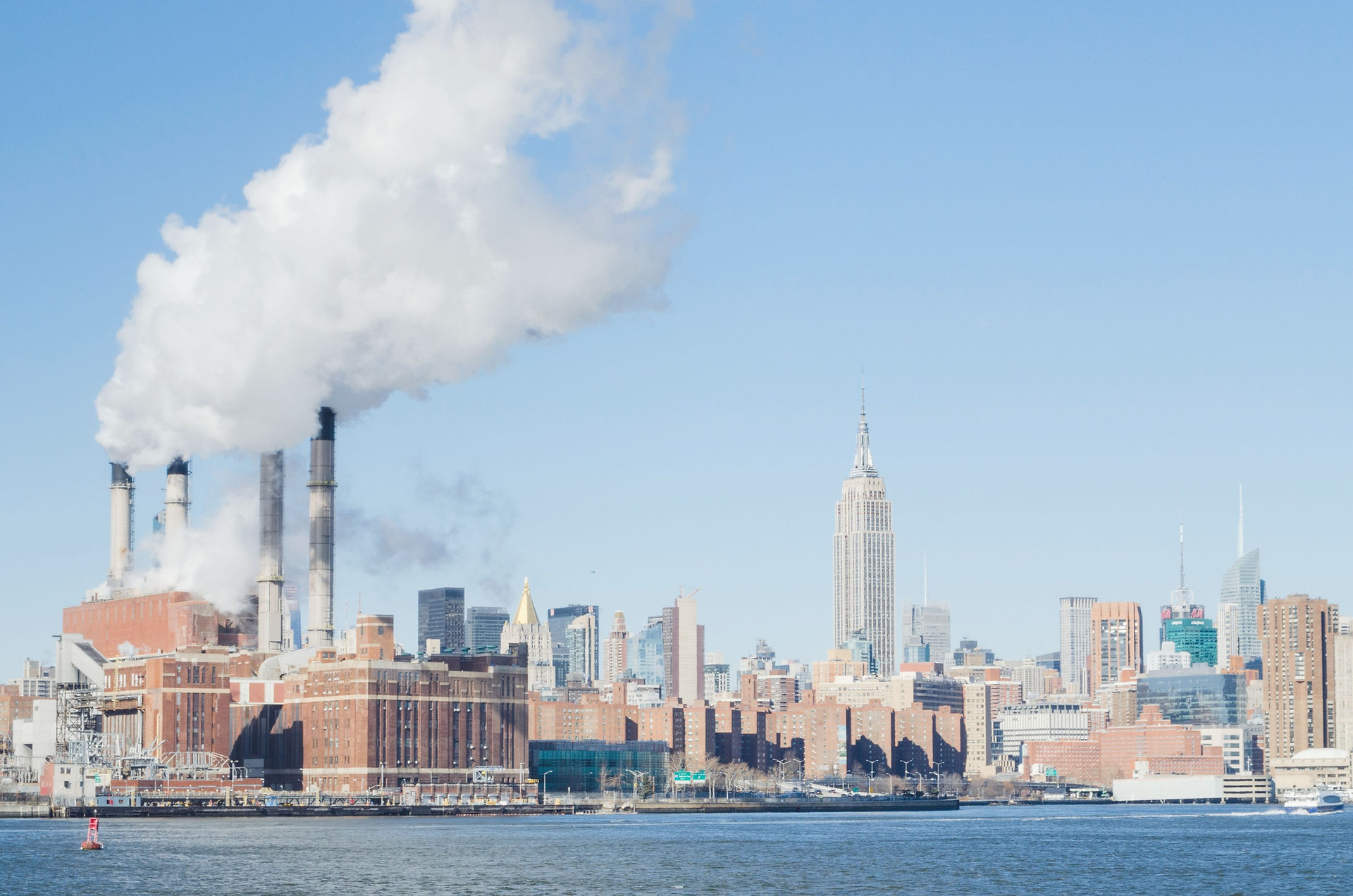
東京科学大学 環境・社会理工学院 融合理工学系. クロス研究室
Institute of Science Tokyo, School of Environment and Society
Transdisciplinary Science and Engineering
Biofuels research group
The Biofuels research group consists of students with chemistry, environmental engineering, physicics, and chemical engineering knowledge who are doing both fundamental research and applied process engineering research to create biofuels, bio-hydrogen, and useful chemicals from wastes. The group also does flow battery research and hydrogen gas separation research using metallic Pd membranes.

Palladium Copper (PdCu) membrane-based hydrogen gas separation
Since 2021, the Cross lab has been undertaking hydrogen gas separation research using a Swagelok VCR based 20 cm diameter PdCu membranes of 10 and 15 microns thick, from Tanaka Kinzoku Ltd, Tokyo, Japan (see fig below.).


Muhammad Harussani Moklis (M. M. Harussani)
IGP-C (MEXT Scholarship), Energy Course, D3 student
Glycerol upgrading via electrocatalytic reduction assisted with machine learning (ML)
Japan is advancing towards a biofuel-driven future, with biodiesel production, from 2013 to 2022, exceeding 124,000 kiloliters which is in line with their ambition for net-zero greenhouse gas emissions by 2050. However, the increase in biodiesel manufacturing will generate abundant crude glycerol by-products, constituting 10-20% of total production. Conventionally, this waste was purified at high costs, but electrochemical conversion technology presents a greener and more economical alternative valorization to be integrated into the energy system. Here, our study focuses on the electrocatalytic reduction (also called thermo-electrocatalytic deoxygenation) of glycerol into value-added products including propanediols, propanols, etc. Utilizing machine learning (ML), we aimed to control the reaction as well as discover novel low-cost electrocatalyst for enhanced product yields.


Eric KOLOR
IGP-C (Japanese MEXT Scholarship), Energy Science and Informatics, D2 student
Machine learning and DFT assisted screening of palladium-lean alloy membranes for hydrogen gas purification
Advanced computer modeling and laboratory experiments are utilized to find cheaper more effective metal alloys for pure hydrogen gas separation from gas mixtures. This will be accomplished by using multi-objective Bayesian optimization (MOBO) and a computational chemistry method known as density functional theory (DFT). Thin metal alloy membranes will separate hydrogen from other gases with a high throughput. This research is expected to produce high-purity, inexpensive hydrogen for use in fuel cells and for use hydrogen gas carriers



Md. Rubel
IGP-A (MEXT Scholarship), Energy Course, D1 student
Sustainable Aviation Fuel (SAF) Synthesis Optimized by Employing Machine Learning from Waste Cooking Oil (WCO) via Tri-Metallic Catalytic Conversion
The high cost of Sustainable Aviation Fuel (SAF) compared to conventional jet fuels is due to expensive production, limited capacity, and uncertain feedstock availability, which are global and Japan-specific challenges for SAF production. To address these challenges, this research focuses on optimizing SAF production from waste cooking oil (WCO) by developing new technologies, such as more efficient catalysts. Noble metal catalysts are costly, and conventional transition metals require high temperatures, pressure, and long reaction times for WCO hydrogenation. This study proposes a new trimetallic catalyst, optimized with a machine learning (ML) approach, to achieve a high conversion rate and jet fuel selectivity in the Hydroprocessed Esters and Fatty Acids (HEFA) process. This approach could enhance SAF production more efficient, reduce dependency on fossil fuels, lower greenhouse gas (GHG) emissions, and support the aviation industry’s goal of achieving net-zero emissions by 2050.


Takuji Ishikawa
Energy Science and informatics, D1 Student
Hydrogen gas generation and storage utilizing a Redox Flow battery
Vanadium redox flow batteries are suitable for renewable electricity storage due to their unique battery characteristics and safety, but are expensive because the high-cost of vanadium cost hinders their widespread usage. By replacing vanadium with a boron-based compound as the active material in the electrolyte, which has high energy density and is safe, it is possible to significantly reduce the cost while taking advantage of the characteristics of the flow battery construction. Research is underway to examine a flow battery electrolyte using boron instead of vanadium. This boron-based active material also has reacts with hydrogen and has excellent hydrogen storage capacity. Boron hydride prepared using a flow battery can potentially be transported as electrolyte or powder, and can generate hydrogen at room temperature and normal pressure.


Dongkuan Zhang
Exchange PhD student - Visiting junior fellow
Integration of Artificial Intelligence and Computational Fluid Dynamics for Optimizing Hazardous Waste Incineration in Rotary Kilns
As the global demand for sustainable waste management practices increases, it is imperative to develop efficient, intelligent, and controllable waste incineration systems that minimize environmental impact while maximizing operational efficiency. This research focuses on the innovative integration of Artificial Intelligence (AI) techniques with Computational Fluid Dynamics (CFD) simulations to enhance flow field prediction in the context of industrial hazardous waste incineration processes, specifically within rotary kilns.


Aldian Suyoto
LPDP Scholarship from Indonesian Ministry of Finance,
IGP-C, Energy Science and Informatics course, M1 student
Hydrogen-rich syngas production from coconut husk gasification
Indonesia, the world's largest coconut producer with 17.2 million tons annually in 2022, faces challenges in managing coconut husks, an underutilized byproduct of coconut processing industries that contributes to greenhouse gas emissions, pest infestations, and harmful gases when burned. Hydrogen, key to Indonesia’s net-zero emissions goal by 2060, can decarbonize sectors like transportation and industry. This study explores hydrogen-rich syngas production from coconut husk gasification, leveraging its lignin content and calorific value, by optimizing reactor parameters. This approach turns waste into sustainable energy, addressing both environmental issues and the nation’s renewable energy transition.

